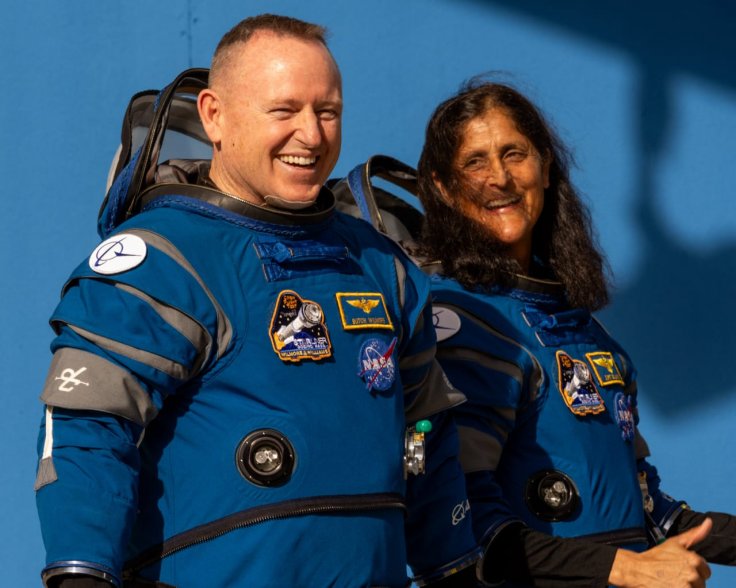NASA has chosen SpaceX to bring home two U.S. astronauts who had to extend their stay at the International Space Station (ISS) due to significant issues with Boeing's CST-100 Starliner capsule. The decision marks a notable shift in NASA's spaceflight strategy as Boeing's spacecraft will return to Earth without a crew on board.
Astronauts Barry "Butch" Wilmore and Sunita "Suni" Williams were originally supposed to return to Earth shortly after their arrival at the ISS on June 6. However, due to ongoing technical problems with Boeing's spacecraft, their mission duration has been extended to eight months. They will now travel back aboard SpaceX's Crew Dragon capsule, scheduled to launch in late September. This means they will not return until February 2025, several months later than initially planned.

NASA's decision was announced during a news conference on Saturday. Bill Nelson, NASA Administrator, emphasized that the choice to leave the astronauts aboard the ISS and return Boeing's Starliner uncrewed reflects the agency's strong commitment to safety. Nelson highlighted the importance of avoiding risks reminiscent of past tragedies, such as the loss of two Space Shuttle crews.
The extension of the astronauts' stay and the use of SpaceX's Crew Dragon underscores a significant setback for Boeing's Starliner program. Boeing had already faced criticism following a botched uncrewed test flight in 2019, which failed to reach the ISS as planned. This failure, along with subsequent delays and technical issues, has cost Boeing approximately $1.6 billion and set back the program by several years.
As SpaceX's Crew Dragon continues to perform routine missions for NASA, Boeing is left grappling with the embarrassment of having its rival handle the return of astronauts it was supposed to transport. This situation highlights the ongoing challenges faced by Boeing's space program.
The timing of NASA's decision is also notable due to the proximity of the U.S. presidential election, with Vice President Kamala Harris and former President Donald Trump as major candidates. Harris, as chair of the National Space Council, could have an influence on space policy discussions. However, regardless of political implications, NASA's top priority remains ensuring the safety of astronauts, a sentiment echoed by Lori Garver, former Deputy Administrator of NASA.
Looking forward, Boeing must address questions about its future role in NASA's crewed spaceflights. The Starliner's mission to the ISS was part of a critical test to determine its capability to regularly transport astronauts. With SpaceX's Crew Dragon handling these tasks, Boeing's position with NASA remains under scrutiny. Both companies hold contracts with NASA to provide crew transportation to the ISS until its planned retirement in 2030, but the current situation raises concerns about Boeing's reliability and future contributions.









